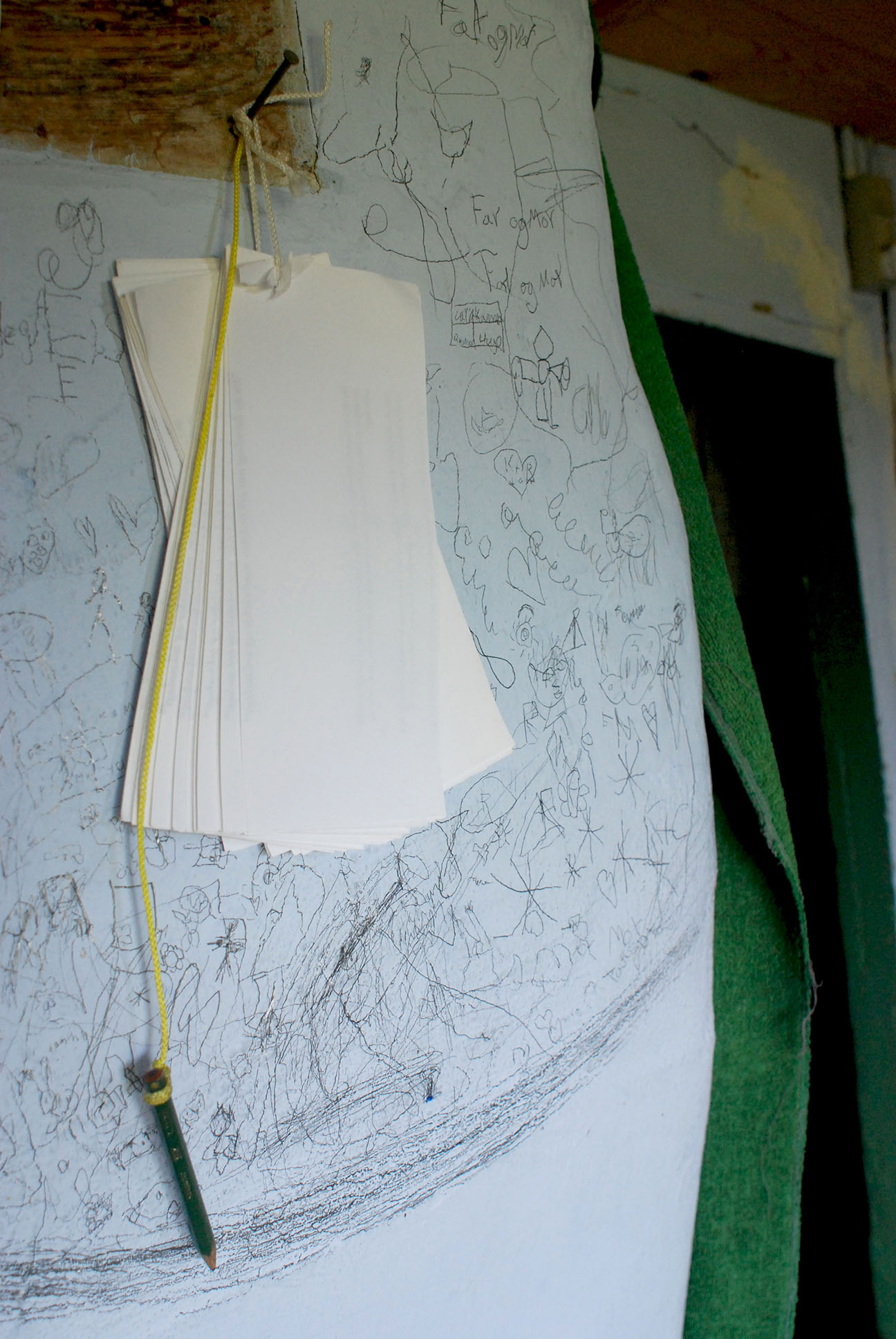THROUGH THE LOOKING GLASS 2021-22
Collective Intelligence
Tutor(s): Thierry Berlemont and Guests
Semester: 2
Engagement: Mediating Tactics
Open for Interior Architecture
Language: English
Campus: Ghent (& Brussels on occasion)
‘Where I am makes a difference to what I can know and what I can be.
(Jane Rendell – Jennifer Wells in Hill ed. 2001, p.141)
BEYOND CIVILISED TERRITORY
©Photo: Thierry Berlemont
Like every field of knowledge and action, architecture has its own more or less distinctive myths, modes and means. Some of those have a very long history, and still cast their shadows on how architecture is engaged as discipline and practice. They condition what is thinkable, doable and acceptable within the domain of architecture, hence they implicitly define what issues architecture needs to address and how this must be done.
In this studio we will take a shot at (some of) those myths, modes and means.
Based on the conditions set by the urgencies of ‘now’, we will speculate on what architecture actually needs to pay attention to, and/or orient itself towards, and/or where its responsibilities lie and/or what kind of practices must be developed. The aim is to construct strategies, stories and tools for doing so. The triad composed of the concepts ‘Myths, Modes and Means’ is meant as a heuristic device for structuring process and actions:
Myths – the stories we tell ourselves and others, and help us to imagine, underscore and legitimise our actions.
Modes – the ways in which we work and how that conditions what we do, how we think and what we produce.
Means – what we appropriate, extract, and use for the purposes we set.
The studio draws upon the idea of the uninvited practice; i.e. a practice that is based upon anticipation and agenda-setting, rather than a practice that responds post-factum to pre-given and pre-defined tasks. The name given to this studio refers to this fundamental inversal of position. Following desription quite accurately depicts the attitude connected to this kind of practice: ‘… acutely aware of the social power of architecture, but also of the art and urgency of harnessing it. Architecture as an uncompromising tool for highlighting the scale of the world and persistently calling it into question. Armed with a merciless but humorous logic, a firm belief in the freedom of the individual and a far-reaching concern for ecology, … to hold up a mirror to citizens and politicians. Always uninvited.
Quite simply, because it is necessary. The fact that the majority of projects will never be built is now beside the
point. They exist and stubbornly continue to call attention to the vital issues’ (Peter Swinnen on https://www.vai.
be/en/expos-en-programma/luc-deleu-t-o-p-office-future-plans-1970-2020). The idea of the ‘uninvited practice’ is
not a new one, and it has succesfully been approriated and implemented by for instance Superstudio, Archigram,
Ant Farm, Haus Rücker, Yona Friiedman, Cedric Price, T.O.P.-office, FLC, Forensic Architecture, Philippe Rahm and
others. When in action, all of them were/are explicitly dedicated, voluntaristic and aware of what really matters. They
are all good company, though setting high and challenging standards.
At this stage the expectations regarding possible outcomes are open, quite simply because the landscape of
questioning is open. The one thing that is certain for now, is that what comes out at the end, will by necessity be
multi-modal, i.e. making use of the plethora of expressive possibilities that is available in the world of architecture.
Through the Looking Glass is part of the Master-Engagement ‘Mediating Tactics’, in which the discipline and practice of architecture, and the role of the architect in contemporary society is critically questioned.
- Studio description as pdf.

